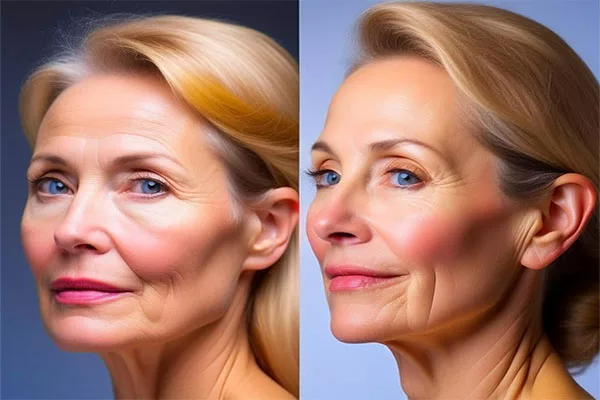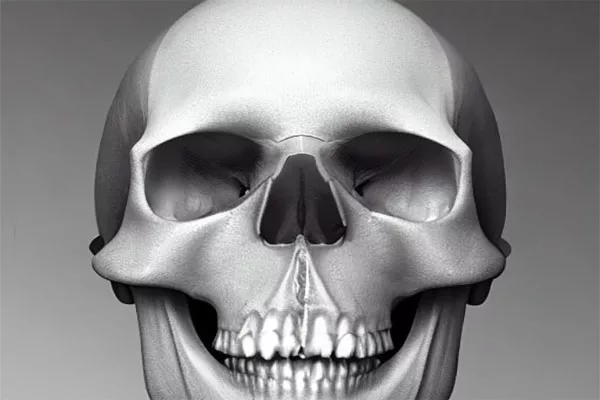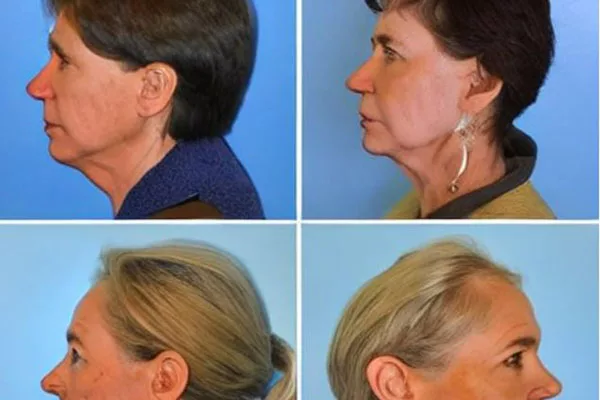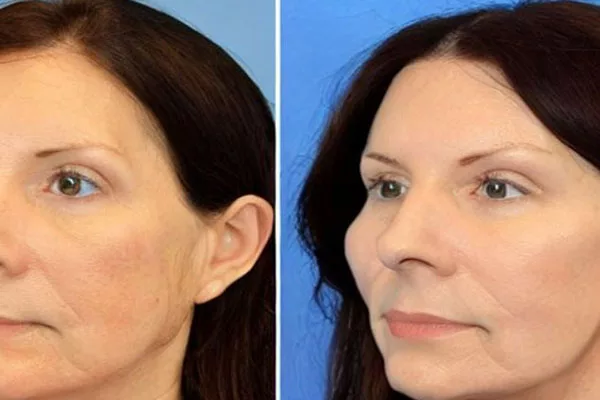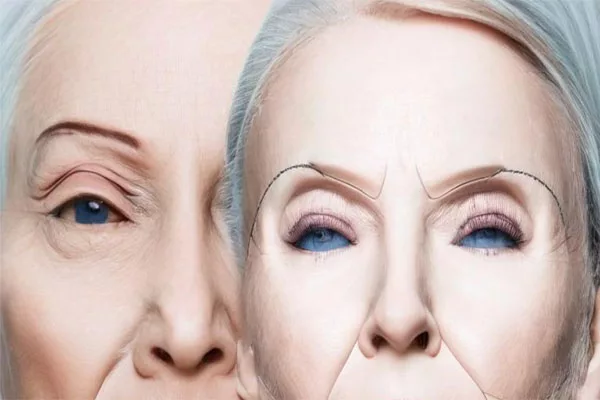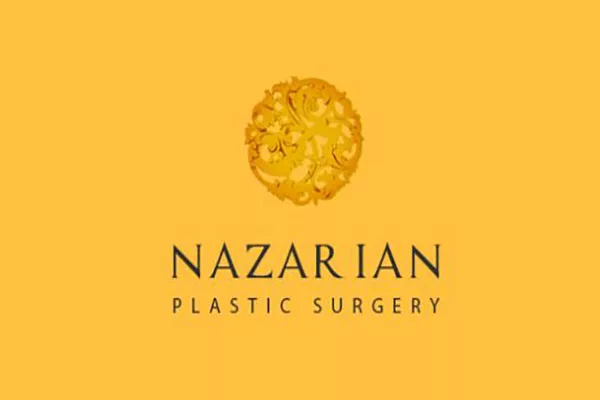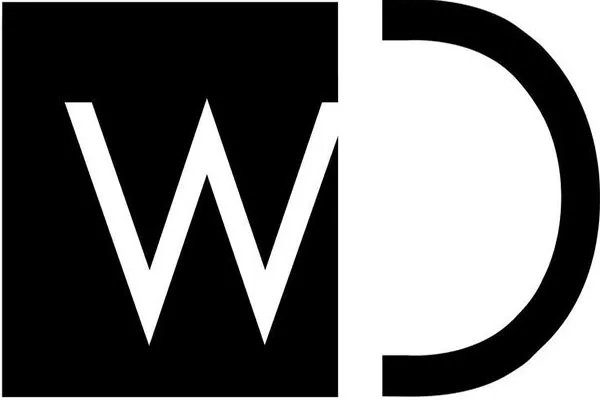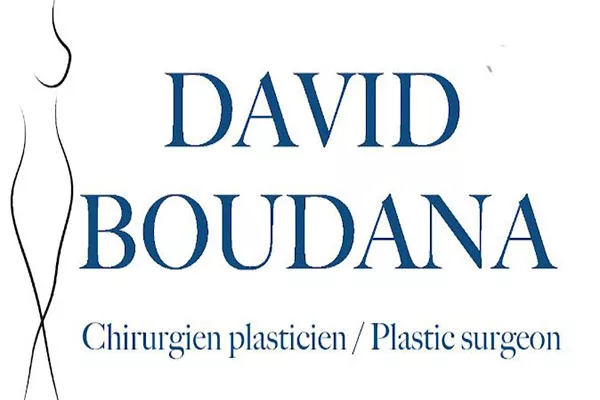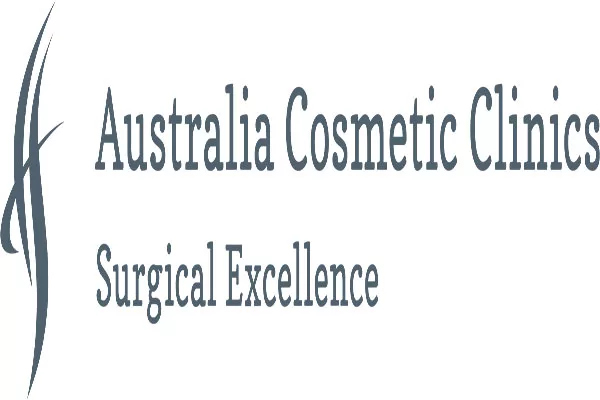Facial Surgery
Facial surgery, also known as craniofacial surgery, is a branch of plastic surgery that deals with the reconstruction and alteration of the facial features. This type of surgery can help individuals to achieve their desired appearance, correct deformities caused by birth defects, injuries or illnesses, and even improve the functionality of the face. Facial surgery can be classified into several different types, including:
- Reconstructive facial surgery: This type of surgery is performed to correct deformities caused by birth defects, injuries, burns, or illnesses such as cancer.
- Cosmetic facial surgery: This type of surgery is performed to enhance the appearance of the face and achieve an individual’s desired look.
- Maxillofacial surgery: This type of surgery focuses on the functional and aesthetic aspects of the jaw, mouth, and surrounding facial structures.
Facial surgery may involve a range of procedures ranging from minor to major, depending on the individual’s condition and the desired results. Despite its potential benefits, facial surgery is a serious and complex procedure that requires a high level of skills and expertise from the surgeon. Therefore, it is important to carefully consider the risks and benefits of facial surgery before deciding to undergo the procedure.
Reconstructive Facial Surgery
Reconstructive facial surgery is a type of facial surgery that is performed to correct deformities or injuries that affect the functionality and appearance of the face. Some of the common conditions that may require reconstructive facial surgery include:
- Cleft lip and palate: These are common birth defects that can cause difficulties with feeding, speech, and hearing.
- Facial trauma: Injuries to the face such as fractures, lacerations, and burns can cause severe damage and functional impairment.
- Facial paralysis: This condition may be caused by nerve damage or illness, and can affect the ability to move or control facial muscles.
- Skin cancer: Skin cancers that occur on the face may require surgical removal and reconstruction to restore the appearance and function of the face.
Reconstructive facial surgery may involve a variety of procedures, such as skin grafting, bone grafting, nerve repair, and soft tissue reconstruction. The goal of this type of surgery is to restore the appearance and function of the face, as well as to improve the patient’s quality of life. However, as with any surgery, there are risks and potential complications involved. Therefore, it is important for patients to have a thorough consultation with their surgeon to discuss their goals, expectations, and any potential risks associated with the procedure.
Cosmetic Facial Surgery
Cosmetic facial surgery is a type of facial surgery that is performed to enhance the appearance of the face and help individuals achieve their desired look. Some common cosmetic facial surgery procedures include:
- Rhinoplasty: This is a surgery that involves reshaping the nose to improve its appearance and function.
- Facelift: This is a surgery that involves lifting and tightening the skin on the face and neck to reduce sagging and wrinkles.
- Blepharoplasty: This is a surgery that involves removing excess skin and fat from the eyelids to improve their appearance.
- Otoplasty: This is a surgery that involves reshaping the ears to improve their appearance.
- Botox injections: This is a non-surgical procedure that involves injecting Botox into the facial muscles to reduce the appearance of wrinkles and fine lines.
Cosmetic facial surgery can help individuals to achieve their desired appearance and improve their self-esteem and confidence. However, it is important to have realistic expectations and to be aware of the potential risks and complications involved with the procedure. Patients should also choose a qualified and experienced surgeon who can help them achieve their desired results while minimizing the risks of surgery.
Maxillofacial Surgery
Maxillofacial surgery is a type of facial surgery that focuses on the functional and aesthetic aspects of the jaw, mouth, and surrounding facial structures. Some common maxillofacial surgery procedures include:
- Orthognathic surgery: This is a surgery that involves repositioning the jaw to improve its function and appearance.
- Dental implants: This is a procedure that involves placing artificial teeth into the jawbone to replace missing teeth.
- Temporomandibular joint (TMJ) surgery: This is a surgery that is performed to treat TMJ disorders, which affect the joint that connects the jawbone to the skull.
- Facial trauma surgery: This is a surgery that is performed to repair facial injuries caused by accidents or other trauma.
Maxillofacial surgery can help to improve the function and appearance of the jaw and surrounding facial structures. This type of surgery may be necessary to correct developmental abnormalities, injuries, or other conditions that affect the jaw and teeth. Patients who are considering maxillofacial surgery should have a thorough consultation with their surgeon to discuss their goals, expectations, and potential risks and complications associated with the procedure. It is also important to choose a qualified and experienced surgeon who can perform the procedure safely and effectively.
Risks and Complications of Facial Surgery
All types of surgical procedures carry some degree of risk, and facial surgery is no exception. Some of the potential risks and complications associated with facial surgery include:
- Infection: All surgeries have a risk of infection, which can be serious and may require treatment with antibiotics or additional surgery.
- Bleeding: Excessive bleeding during or after surgery can occur and may require additional medical attention.
- Nerve damage: Facial surgery can damage nerves in the face, leading to numbness, weakness, or paralysis.
- Scarring: All surgical incisions leave scars, which can be visible and may take time to fade or heal.
- Disfigurement: In some cases, facial surgery may lead to visible or noticeable differences in appearance, which can be permanent.
- Anesthesia complications: The use of anesthesia during surgery carries its own risks, including allergic reactions, breathing difficulties, and cardiovascular complications.
While these risks and complications are possible, the majority of facial surgical procedures are safe and effective when performed by a qualified and experienced surgeon. Patients should discuss their concerns, risks, and goals with their surgeon before undergoing any type of facial surgery.
Preparation for Facial Surgery
Preparing for facial surgery involves several steps to ensure that the patient is in good health and ready for the procedure. Some common preparation steps may include:
- Medical evaluation: Before undergoing facial surgery, patients may need to undergo a medical evaluation to ensure that they are healthy enough to undergo surgery. This may include a physical examination, blood tests, and other diagnostic tests as needed.
- Quitting smoking: Smoking can increase the risk of complications during and after surgery. Patients may be advised to quit smoking for several weeks before and after surgery to minimize these risks.
- Adjusting medications: Patients may need to temporarily adjust or stop taking medications, supplements, or herbal remedies that can increase the risk of bleeding or other complications during surgery.
- Fasting: Patients may be instructed to avoid food and drink for a certain period before the surgery, typically for 6 to 12 hours.
- Transportation: Since facial surgery typically requires anesthesia, patients will need someone to transport them to and from the surgery center or hospital.
Preparing for facial surgery can help ensure a speedy recovery and reduce the risks of complications. Patients should discuss all aspects of their surgery with their surgeon, including what to expect before and after the procedure.
Recovery from Facial Surgery
The recovery period after facial surgery can vary depending on the type and extent of the procedure. However, in general, patients can expect to experience some discomfort, swelling, and bruising after surgery. Here are some general guidelines for recovery after facial surgery:
- Follow post-operative instructions: Patients should closely follow their surgeon’s post-operative instructions, which may include pain medication, rest, and restrictions on activities, such as bending or lifting heavy objects.
- Keep the head elevated: In order to reduce swelling, patients should keep their head elevated as much as possible for the first few days after surgery.
- Ice packs: Applying ice packs to the affected area can help reduce swelling and discomfort.
- Avoid sun exposure: Patients should avoid sun exposure to the affected area until it has completely healed.
- Follow-up appointments: Patients should make sure to attend all follow-up appointments with their surgeon to monitor the healing process and address any concerns or complications.
Recovery time can vary depending on the type and extent of the surgery, with some procedures requiring only a few days of recovery time, while others may require several weeks or even months of recovery. Patients should be patient with the recovery process and allow their body to properly heal, while also following their surgeon’s instructions carefully.
Choosing a Facial Surgeon
Choosing a qualified and experienced facial surgeon is an important decision that can greatly impact the outcome of your surgery. Here are some tips to help you choose the right facial surgeon for your needs:
- Research: Take the time to do your research and find a surgeon who is qualified, experienced, and has a good reputation. You may consider reading online reviews, asking for recommendations from friends and family, or consulting with professional organizations or licensing boards.
- Credentials: Check the surgeon’s credentials to ensure that they are board-certified in plastic surgery or maxillofacial surgery, as appropriate. Board certification indicates that the surgeon has completed rigorous training and meets high standards of medical practice.
- Consultation: Schedule a consultation with the surgeon to discuss your goals, expectations, and concerns. This is a good opportunity to ask questions and get a sense of the surgeon’s experience, bedside manner, and communication style.
- Before and after photos: Ask to see before and after photos of previous patients who have undergone similar procedures to gauge the surgeon’s experience and expertise.
- Facility accreditation: Make sure that the facility where the surgery will take place is accredited and meets high standards of safety and quality of care.
Choosing the right facial surgeon can help ensure a safe and successful surgery, and can greatly improve your overall experience and results.
Conclusion
Facial surgery is a complex and serious procedure that can help individuals to achieve their desired appearance, correct deformities, and improve the functionality of the face. Whether for reconstructive or cosmetic purposes, facial surgery requires a high level of skill and expertise from the surgeon, as well as careful preparation and follow-up care from the patient. Patients should take the time to carefully consider the risks and benefits of facial surgery, and choose a qualified and experienced surgeon who can help them achieve optimal results. By following post-operative instructions, attending all follow-up appointments, and allowing ample time for recovery, patients can greatly improve their outcomes and satisfaction with facial surgery.
Additional Resources
For more information on facial surgery, including types of procedures, risks and benefits, and how to choose a qualified surgeon, consider consulting with the following resources:
- American Society of Plastic Surgeons: This organization provides information on cosmetic and reconstructive plastic surgery, including a searchable database of board-certified plastic surgeons.
- American Association of Oral and Maxillofacial Surgeons: This organization provides information on maxillofacial surgery, including a directory of board-certified surgeons.
- The Facial Surgery Center: This center offers information on a range of facial surgery procedures, including rhinoplasty, facelifts, and eyelid surgery, as well as detailed information on the surgical process, recovery, and results.
Remember, facial surgery is a serious and complex procedure that requires careful consideration and planning. By choosing a qualified and experienced surgeon, following post-operative instructions, and allowing ample time for recovery, you can achieve optimal results and improve your quality of life.
References:
- American Board of Facial Plastic and Reconstructive Surgery. (n.d.). Facial Plastic and Reconstructive Surgery. Retrieved from https://www.abfprs.org/
- American Society of Plastic Surgeons. (n.d.). Plastic Surgery Procedures. Retrieved from https://www.plasticsurgery.org/
- American Association of Oral and Maxillofacial Surgeons. (n.d.). Oral and Maxillofacial Surgery. Retrieved from https://www.aaoms.org/
- The Facial Surgery Center. (n.d.). Facial Surgery Center. Retrieved from https://www.facialcenter.com/
- University of Michigan Health System. (2017). Facial Plastic and Reconstructive Surgery. Retrieved from https://www.uofmhealth.org/conditions-treatments/ear-nose-throat/facial-plastic-and-reconstructive-surgery.
Skull bone trimming
Chin & Cheek Implants
Lower Face And Neck Lift
Facelift
| This page is not advice and is intended to be informational only. Consult your physician before undertaking any surgical procedures. |
Most famous clinics
Marina Plastic Surgery
Dr. Grant Stevens
is the founder and Medical Director of Marina Plastic Surgery and The Institute; A Medical Spa in Marina Del Rey, California.
USA 4560 Admiralty Way Suite 256
Marina Del Rey, CA 90292
Phone : 310-494-2881
Nazarian Plastic Surgery
Dr. Sheila Nazarian
MMM is a Board Certified Plastic Surgeon and the founder of Nazarian Plastic Surgery and Spa26 in Beverly Hills.
USA 120 S. Spalding Dr. #315,
Beverly Hills, CA 90212
Phone: (310) 773-3039
Westlake Dermatology
Westlake Dermatology is a national leader in dermatology and plastic surgery. Our specialization in minimally invasive procedures.
USA 2201 Onion Creek Parkway
Austin, Texas 78747
Phone: 512-649-3376
Central Scottsdale Surgery Center
Dr. Remus Repta
Dr. Repta, our founder, is widely recognized for his exceptional skills, and the quality and artistry of his surgical work.
USA 3271 N Civic Center Plaza #105,
Scottsdale, AZ 85251
Phone:(855) 377-3782
Forest Hill Institute Of Aesthetic Plastic Surgery
Dr. David Boudana
Dr. David Boudana, a board certified plastic surgeon, is a graduate of the prestigious University of Paris Descartes.
Сanada 1188B Eglinton Avenue West
Toronto, Ontario
Phone:(416)785-7864
Australian Cosmetic Clinics
Dr. Shaz Musavi
Dr Shaz is a fully trained Cosmetic Surgeon who brings his extensive aesthetic background and professionalism.
Australia Suite 1, 448 Pacific Highway
Artarmon, NSW 2064
Phone: 1300 559 848
